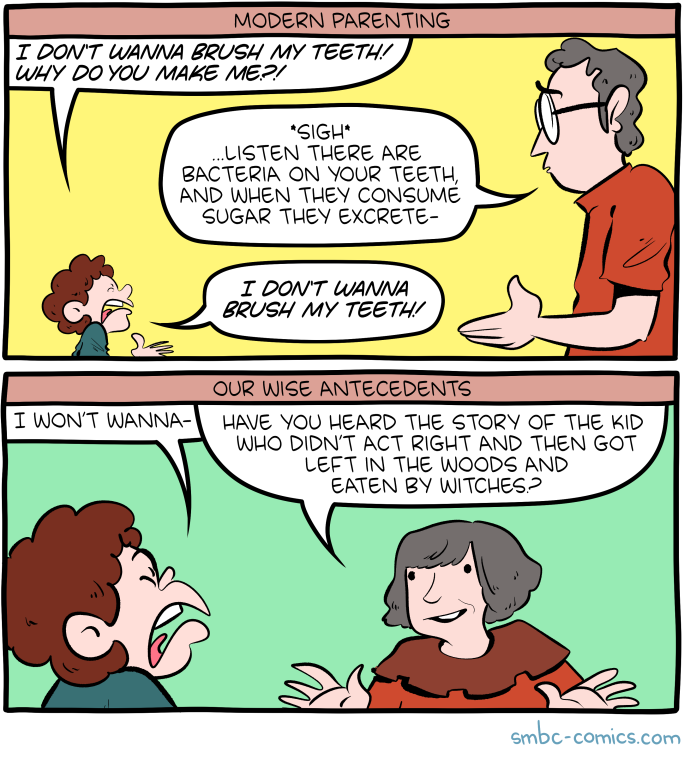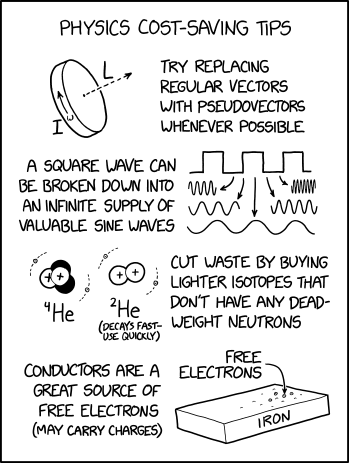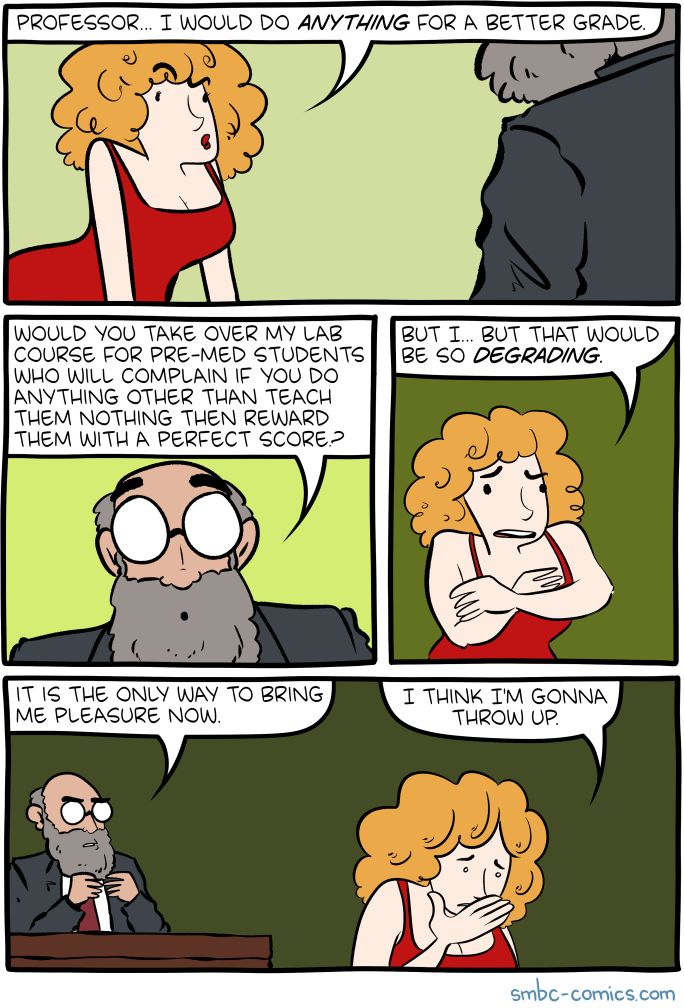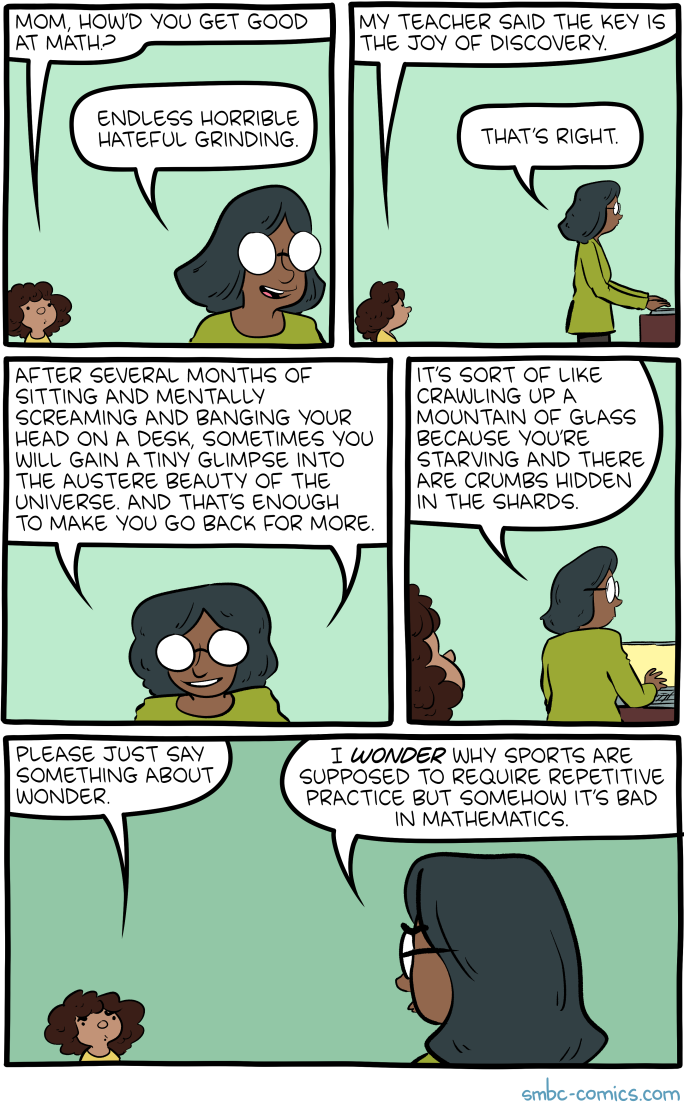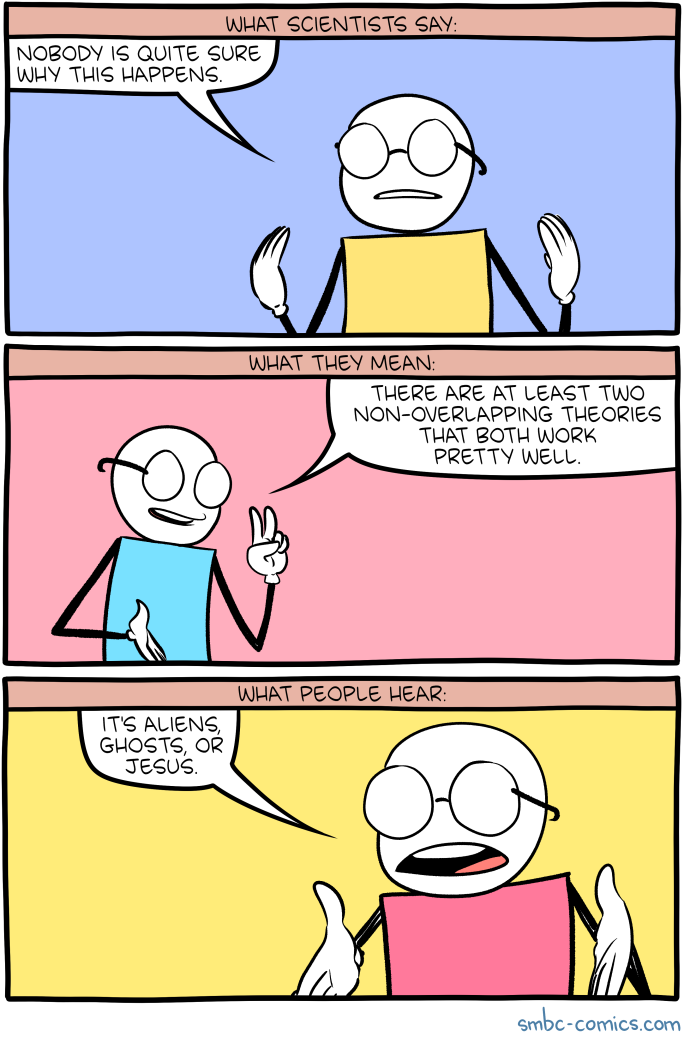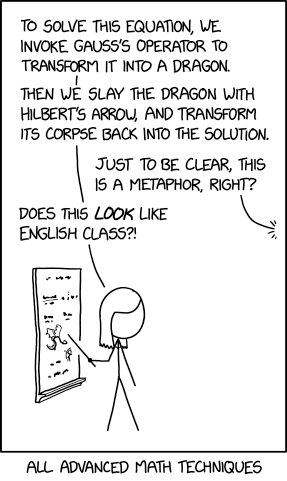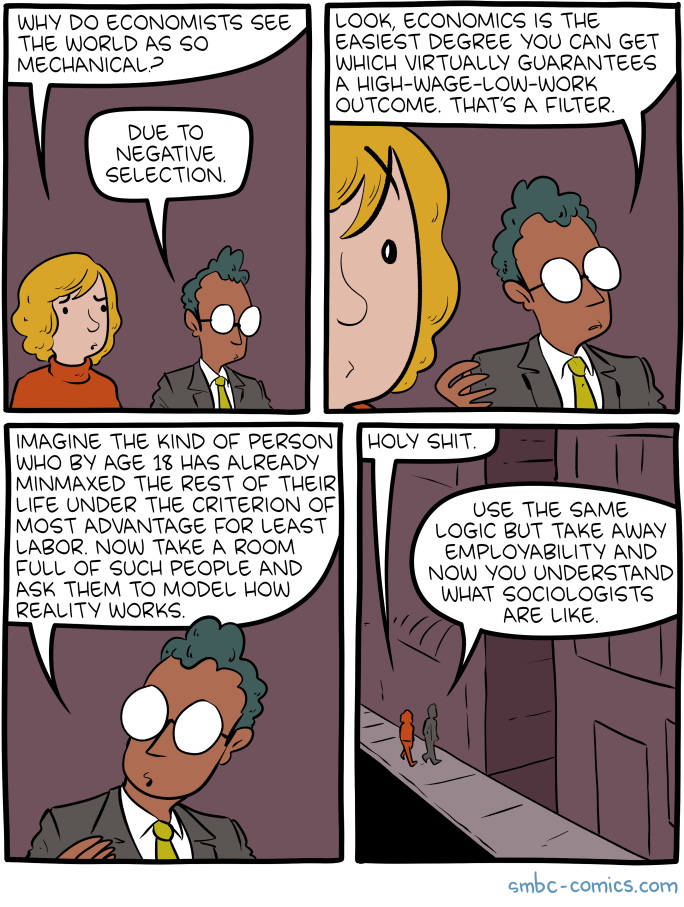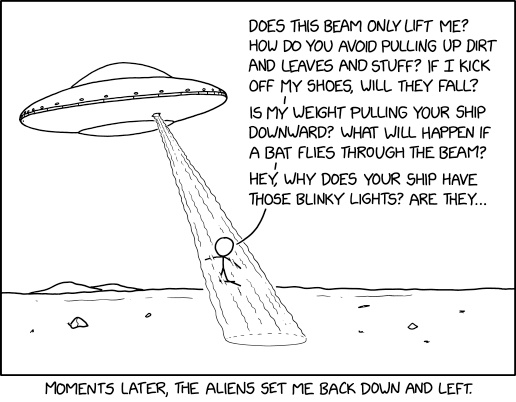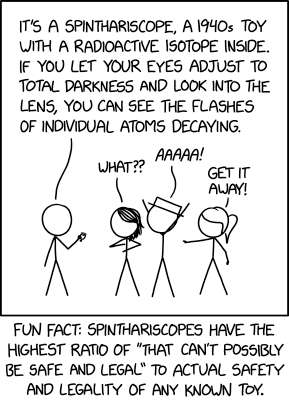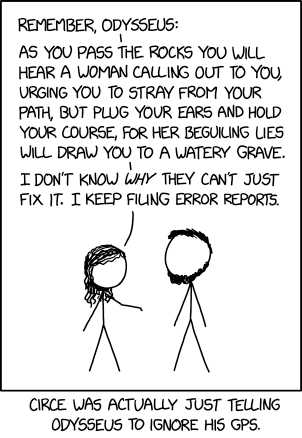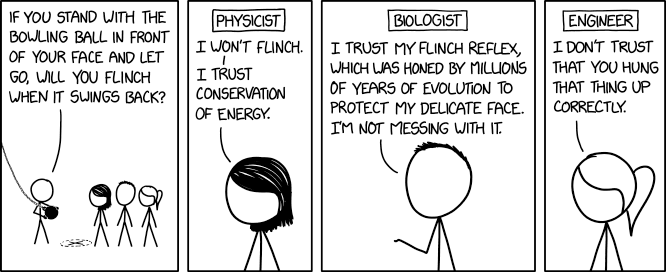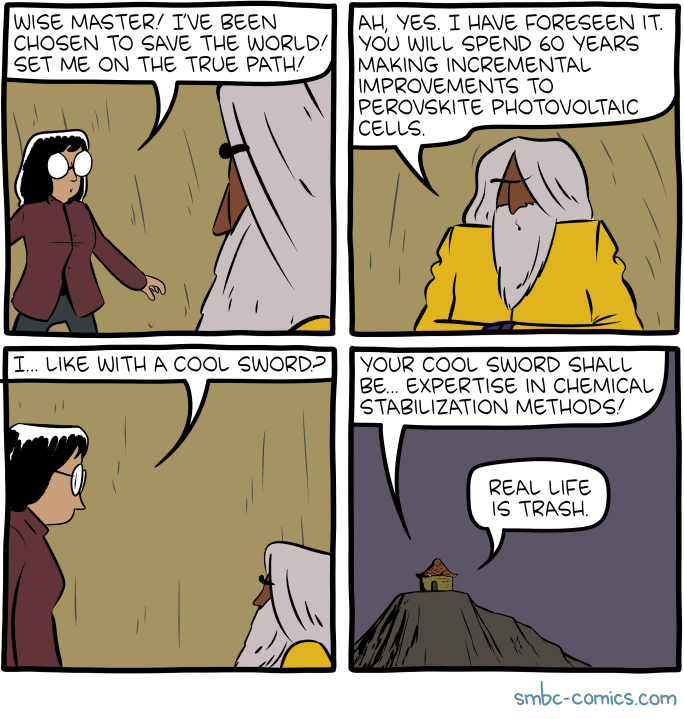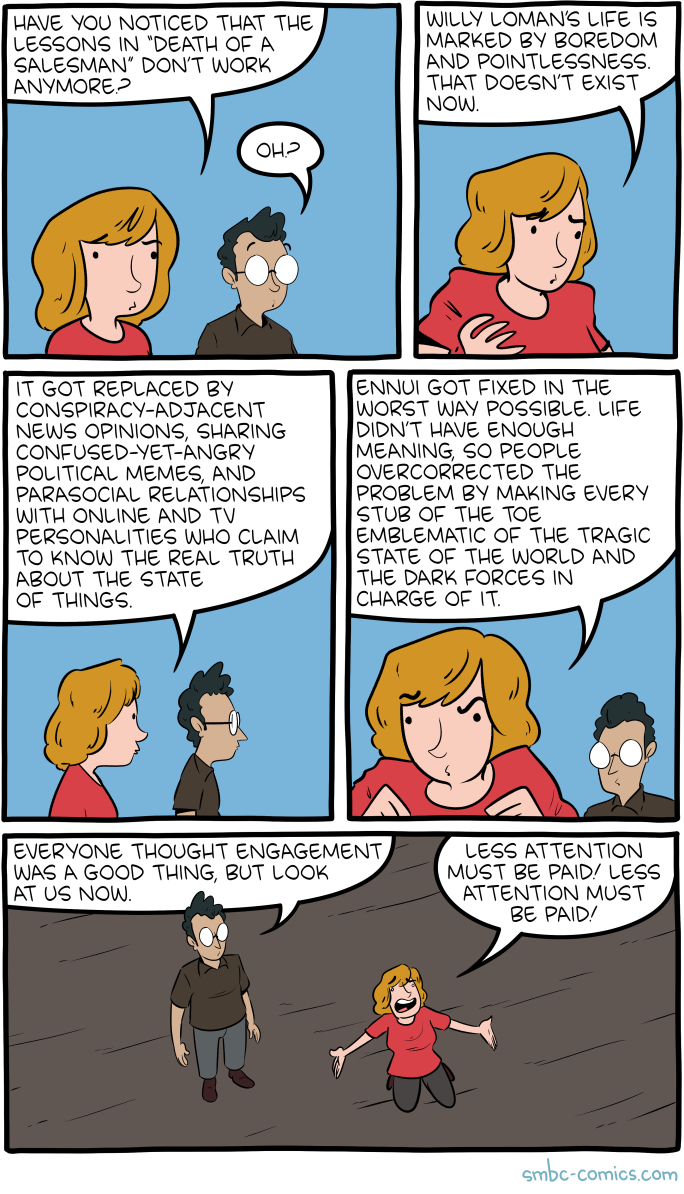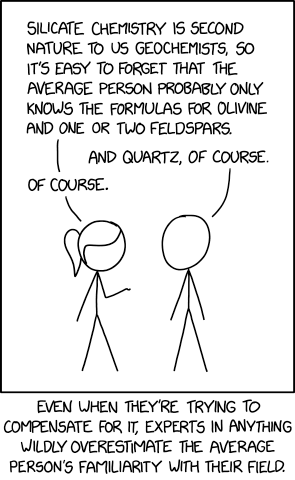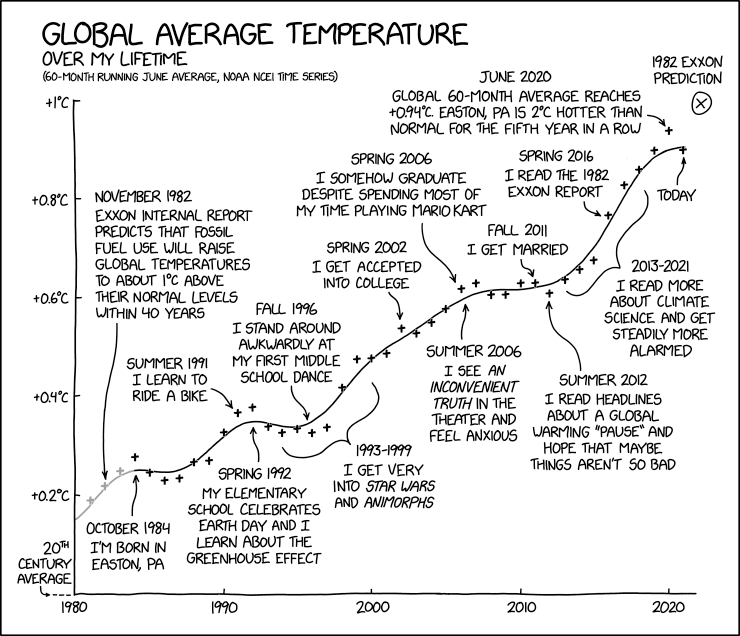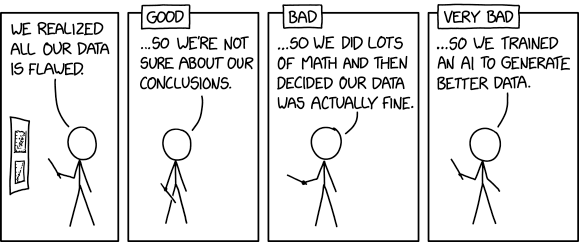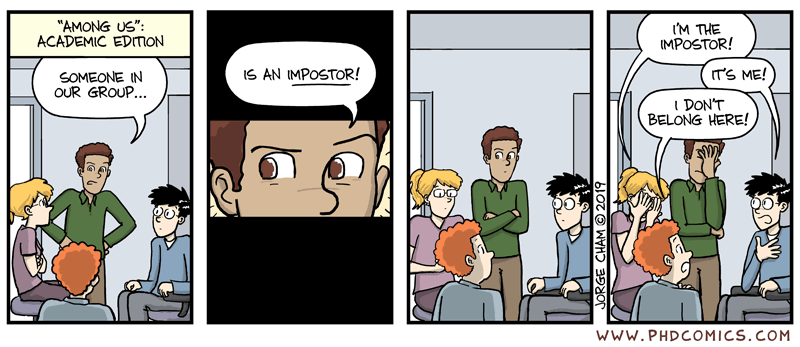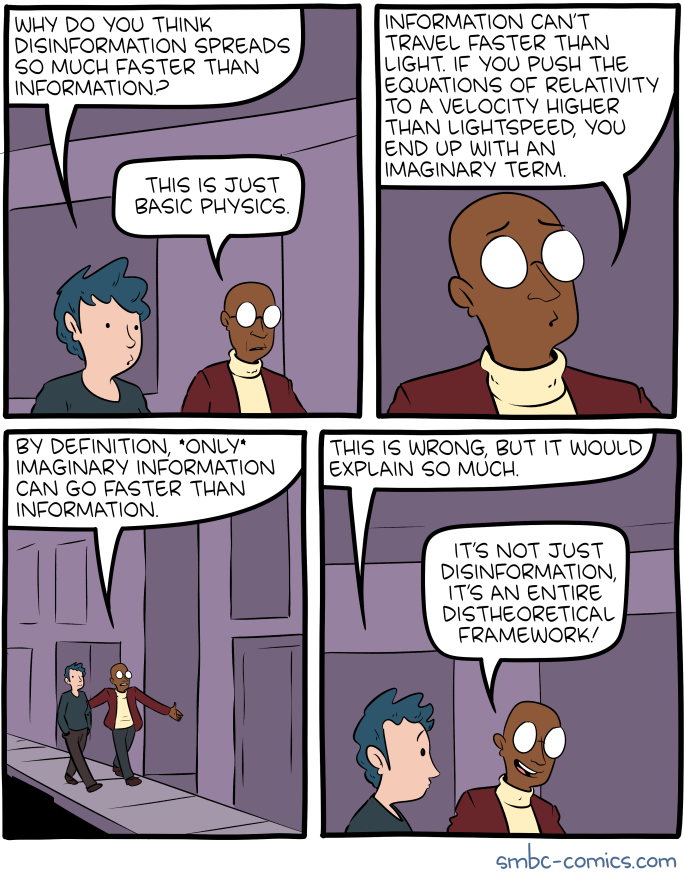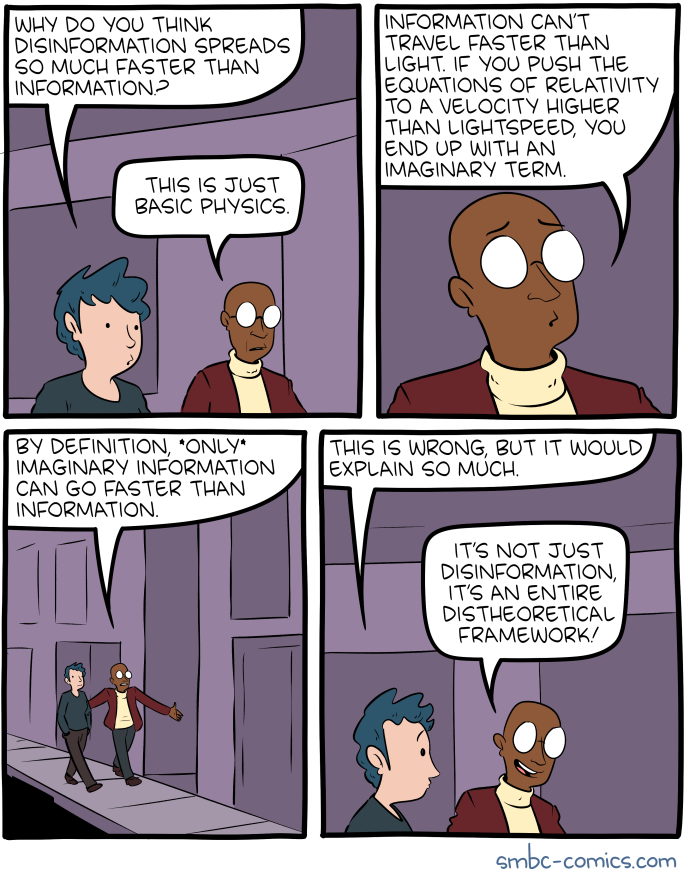Ultimo aggiornamento: 2022/03/14 13:15.
Di fronte alle morti, alle sofferenze e alla distruzione che stanno colpendo l’Ucraìna, parlare degli effetti dell’invasione russa sulle attività spaziali può sembrare insensibile o perlomeno secondario. Ma il dramma principale è ben documentato dal giornalismo generalista; l’aspetto spaziale molto meno, e qui forse posso dare un contributo.
Prima di tutto, non c’è alcun pericolo immediato di caduta della Stazione Spaziale Internazionale. È vero che Dmitri Rogozin, direttore dell’agenzia spaziale russa Roscosmos, ha pubblicato una serie delirante di tweet nei quali in sostanza ha minacciato di lasciare che la Stazione precipiti, visto che la sua stabilità orbitale dipende dalla sezione russa del complesso spaziale, e ha detto che tanto la Stazione non sorvola mai il territorio russo (è falso, e vi transita l’1,9% del tempo contro il 2,3% degli Stati Uniti, secondo i calcoli aggiornati dell’esperto Jonathan McDowell).
Ma Rogozin è noto da tempo, fra gli addetti ai lavori, per le sue sparate incoerenti, che ultimamente si sono alzate di tono. La sua risposta ai calcoli di McDowell è stata “2.8% of mostly deserted territory? OK))) But all your territory and the territory of your NATO allies looks great”. McDowell ha fatto notare che nel territorio “principalmente deserto” ci sono le città di Vladivostok e Volgograd. La questione è descritta in dettaglio in questo mio articolo.
Quello che conta è la realtà tecnica: la Stazione Spaziale Internazionale si trova a circa 400 km di quota, in orbita intorno alla Terra a circa 28.000 km/h, e a quella quota l’atmosfera terrestre è incredibilmente tenue ma esiste ancora, per cui la Stazione viene lentamente frenata dalla resistenza aerodinamica e di conseguenza perde lentamente quota. Periodicamente è necessario un reboost, ossia un’applicazione di un spinta per riaccelerarla e farle riprendere quota. Il grafico di queste variazioni di quota è disponibile per esempio presso Heavens Above.

Questa spinta viene solitamente applicata dai motori di manovra del modulo Zvezda, che fa parte della sezione russa della Stazione, oppure dai motori di una navetta Progress attraccata alla Stazione. In questo senso è corretto dire che il mantenimento della quota orbitale normalmente dipende dai russi. Tuttavia il reboost può essere effettuato anche da veicoli non russi. Lo ha fatto in passato il veicolo europeo ATV (ora non più operativo) e nel 2018 questa capacità è stata dimostrata sperimentalmente da un veicolo cargo Cygnus ed è poi diventata operativa di recente con un nuovo reboost.
Fra l’altro, la Cygnus viene messa in orbita da un vettore Antares, il cui primo stadio è costruito in Ucraina e ha motori russi, mentre il secondo stadio è statunitense e la Cygnus ha molti componenti strutturali europei (Scott Manley). Sventolii di bandiere a parte, le interdipendenze spaziali sono tante.
La situazione è leggermente più delicata per un altro tipo di manovra, ossia lo spostamento per evitare collisioni con detriti spaziali. Qui la dipendenza dai russi è più forte, ma se i rapporti di cooperazione dovessero davvero deteriorarsi fino a questo punto ci sarebbe la possibilità di utilizzare i motori di manovra delle capsule cargo Dragon o quelli delle capsule con equipaggio Crew Dragon. Ovviamente si tratterebbe di un’operazione nuova, da collaudare con estrema cautela, ma fattibile, e la NASA ha già dichiarato di aver esplorato concretamente questa ipotesi.
Per ora, comunque, in concreto non ci sono cambiamenti alla situazione di bordo. La Progress 79 russa ha effettuato regolarmente un reboost a fine febbraio. Sulla situazione personale a bordo bocche cucite: i due russi, Anton Shkaplerov e Pyotr Dubrov, i quattro statunitensi Mark Vande Hei, Kayla Barron, Raja Chari e Thomas Marshburn e l’europeo Matthias Maurer non commentano gli eventi. Kathy Lueders, associate administrator della NASA per le attività spaziali, ha detto che le operazioni della Stazione non sono cambiate: “Non stiamo ricevendo indicazioni, a livello operativo, che le nostre controparti non siano impegnate a continuare l’attività della Stazione... operiamo esattamente come operavamo tre settimane fa” (Spacenews).
Non ci sono indicazioni, al momento, di alcun cambiamento nel lancio dell’astronauta europea Samantha Cristoforetti insieme agli statunitensi Kjell Lindgren, Robert Hines e Jessica Watkins a bordo di una capsula Crew Dragon previsto per il 15 aprile (ma ESA ha annunciato poco fa un accorciamento della loro missione che implica che Samantha non diventerà comandante dell’intera Stazione ma solo lead del segmento non russo). Nessun cambiamento è annunciato anche per il lancio della Soyuz MS-21 russa da Baikonur con tre cosmonauti russi (Oleg Artemyev, Denis Matveev e Sergey Korsakov) verso la Stazione il 18 marzo e per il rientro di Shkaplerov e Dubrov il 28 marzo. Nessuna variazione è stata resa nota anche per il volo dell’equipaggio Axiom 1 (10 giorni sulla Stazione) previsto per il 28 marzo e per il rientro dell’equipaggio della Crew Dragon 3 il 21 aprile.
Forse la situazione più delicata è quella dello statunitense Mark Vande Hei, che in teoria dovrebbe rientrare sulla Terra insieme a Shkaplerov e Dubrov su un veicolo Soyuz russo (MS-19), atterrando in Kazakistan. Vande Hei e Dubrov avranno trascorso in tutto 355 giorni continuativi nello spazio.
Per contro, sembrano esserci problemi per quanto riguarda il braccio robotico europeo ERA che è installato a bordo del modulo russo Nauka della Stazione: le sanzioni internazionali potrebbero rendere impossibile la collaborazione russo-europea, rendendo problematica la manutenzione e l’evoluzione del modulo Nauka, che dipende in gran parte da questo braccio telecomandato.
---
Le cose vanno meno bene allo spazioporto europeo di Kourou, nella Guyana francese; i russi hanno deciso di richiamare il loro personale presente e di sospendere le attività del vettore Soyuz che avrebbe dovuto portare in orbita una coppia di satelliti di navigazione europei Galileo ad aprile.
Un altro atto concreto derivante dall’invasione russa dell’Ucraina è l’interruzione delle attività del telescopio a raggi X eRosita, che è tedesco, a bordo del satellite di ricerca scientifica russo Spektr-RG, situato a un milione e mezzo di chilometri dalla Terra.
Anche un’altra collaborazione europea con la Russia è ora fortemente compromessa: un vettore russo Proton avrebbe dovuto lanciare la missione robotica ExoMars verso Marte a settembre dal cosmodromo di Baikonur, e la sonda avrebbe dovuto usare un modulo russo, Kazachok, per l’atterraggio su Marte, ma l’Agenzia Spaziale Europea ha dichiarato che questo lancio è ora “molto improbabile”. Le leggi inesorabili della meccanica orbitale implicano che la missione dovrà aspettare altri due anni prima della prossima finestra di lancio.
Sul piano commerciale, inoltre, Rogozin ha dichiarato inizialmente che se la Russia non riceverà entro il 4 marzo prossimo garanzie che i satelliti commerciali per telecomunicazioni OneWeb non verranno usati per scopi militari, il loro lancio a bordo di un vettore Soyuz, previsto per il 5 marzo da Baikonur, non avverrà. Poi RIA Novosti ha scritto che Roscosmos ha chiesto anche il ritiro del governo britannico dall’azionariato di OneWeb.
Il problema di fondo, qui, è che il programma spaziale russo non può permettersi di perdere queste commesse. Rogozin può strillare finché vuole e annunciare improbabili fughe in avanti autarchiche, ma la realtà dei fatti è che la Russia non ha soldi per le missioni spaziali e per mantenere le infrastrutture necessarie per effettuarle. Se la politica impone a Roscosmos di sbattere la porta in faccia a tutti, l’agenzia spaziale russa e tutto lo storico apparato che ha contribuito così tanto alla storia dell’esplorazione spaziale rischiano di chiudere definitivamente.
---
2022/03/02 17.30. Roscosmos.ru è inaccessibile. Anonymous afferma di aver preso il controllo del centro di controllo dell’agenzia spaziale russa, ma non ci sono conferme. RIA Novosti parla di un attacco hacker al centro di controllo ma non conferma che abbia avuto successo.
Questo articolo vi arriva gratuitamente e senza pubblicità grazie alle donazioni dei lettori. Se vi è piaciuto, potete incoraggiarmi a scrivere ancora facendo una donazione anche voi, tramite Paypal (paypal.me/disinformatico) o altri metodi.
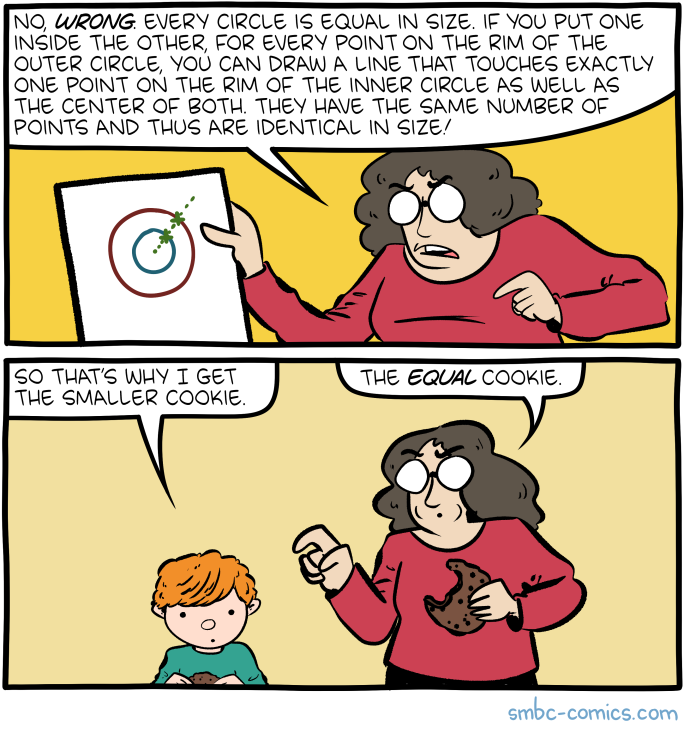
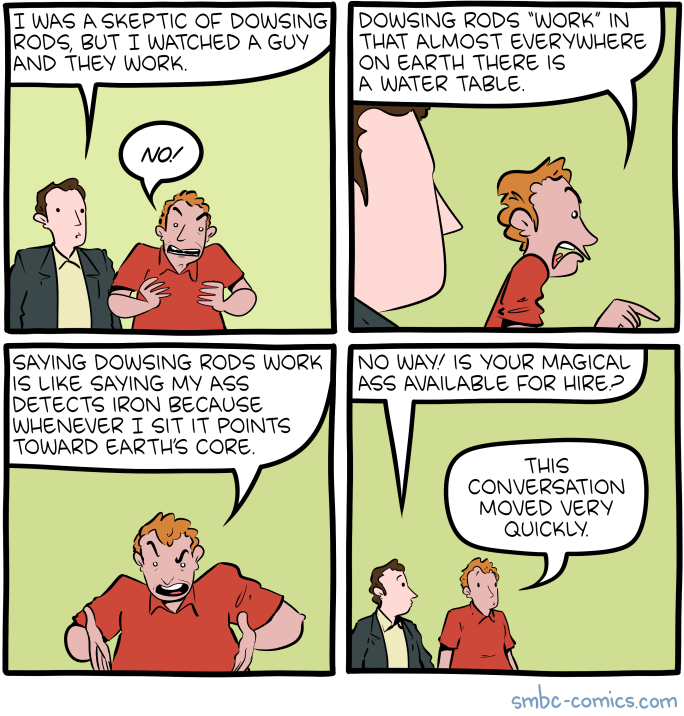

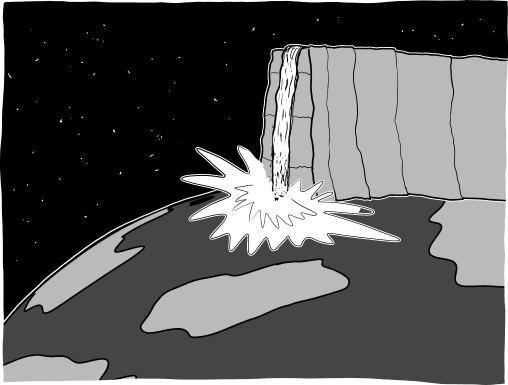


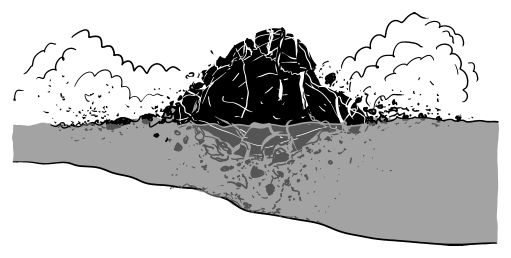


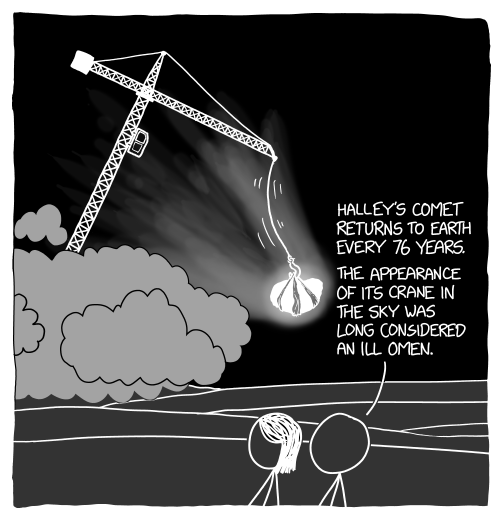

![Pronouncing [ṡṡċċḣḣẇẇȧȧ] is easy; you just say it like the 'x' in 'fire'. Pronouncing [ṡṡċċḣḣẇẇȧȧ] is easy; you just say it like the 'x' in 'fire'.](https://imgs.xkcd.com/comics/complex_vowels.png)
